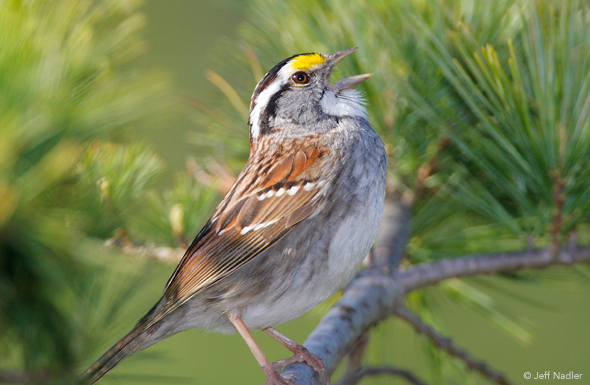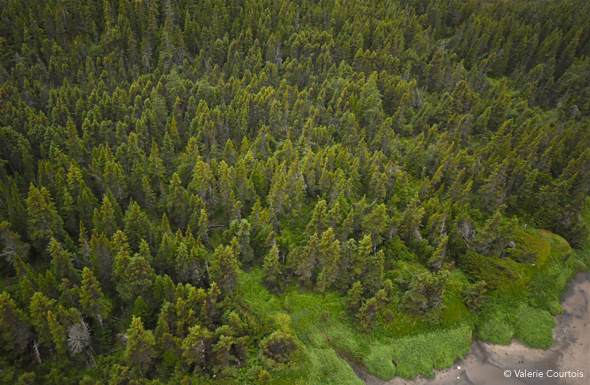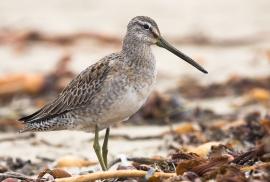Our Work
The Boreal Songbird Initiative (BSI) is dedicated to education and outreach about the importance of the boreal forest to North America's birds, other wildlife, and the global environment. The Canadian Boreal Forest, one of the largest intact forests left on Earth, is increasingly under threat. Logging, mining, oil and gas, and hydroelectric development are expanding further and further into the boreal forest each year.
The boreal forest acts as North America's bird nursery, and lost forest means lost habitat for our boreal birds. We work with a variety of partner organizations to help promote the protection and sustainable management of this global treasure.
Science plays a key role in almost everything we do. Check out our Fast Facts page for some quick information about the boreal forest or peruse our Publications and Materials page for more detail on why protecting the boreal forest is something we should all care about.
Our work is based on the following principles:
- The 50/50 approach. Half of the boreal forest must be conserved, with the application of state-of-the-art sustainable development practices on the remainder of the landscape.
- Conservation first. Large protected areas must be established first and then resource extraction activities planned in remaining areas undertaken according to the strictest possible standards of sustainability.
- Interconnectivity. Large-scale protected areas and conservation lands should be designed to maintain an interconnected network, including the interconnectivity of aquatic and terrestrial ecosystems.
- Aboriginal leadership. Conservation planning in the boreal forest must engage and empower local communities and First Nations on land management decisions, respecting and incorporating traditional knowledge of the land. Free, prior, and informed consent must be obtained for land use decisions on First Nations' traditional lands.
- United States engagement. Birds have no borders. America's backyard birds are boreal birds. Canada and the U.S. must work collaboratively to protect the breeding habitat that boreal birds need to survive and thrive. Consumer choices made in the United States are driving much of the demand for the resources of the boreal forest. Nearly two-thirds of Canada's forest products exports from the boreal—including catalogues, junk mail, and tissue paper—are consumed by the U.S. In addition, the U.S. buys more oil and gas from Canada than from any other nation. Americans can play an important role in determining the future of North America's boreal forest.
The 50/50 Approach
Along with climate change, habitat loss is pushing more and more species dangerously close to extinction. It was previously believed that protecting 10-12% of a defined ecosystem would be sufficient to preserve the majority of species that occurred there. However, modern day conservation science informs us that such targets are far too low. Today, it is believed that protecting at least 50% of these still-natural landscapes is needed to give species the best fighting chance at survival.
The Canadian Boreal Conservation Framework outlines the need for protecting at least half of the boreal forest and calls for the establishment of leading-edge sustainable management practices throughout the remainder. BSI is a strong advocate for this approach, as it provides the best chance for the billions of birds present in the boreal to remain healthy and vibrant for generations to come.
Meet a Boreal Bird
Mike Baird/Wikimedia Commons (CC 2.0)
An estimated 21% of the boreal forest of Alaska and Canada lies within the migratory pathway of this species.




